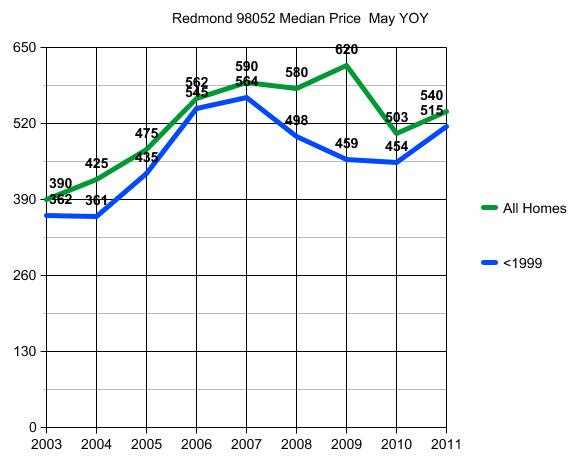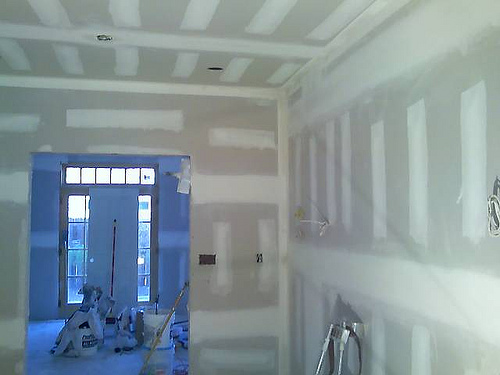There is a rumor that they are all failing because the buyer cannot finance the purchase. The reality is that is RARELY the actual reason, but sellers and seller’s agents DO like to blame the buyer’s ability to finance, even when that is not the case. Always better for it to be “the other guy’s fault” when asked:
“Why did the sale fail?”
The reality is it may have been the way the OFFER was structured, that caused it to fail.
Some offers are doomed to fail from the getgo.
Relying entirely on the Home Inspection, without adequately addressing the likely outcome in advance at time of offer, often causes a sale to fail. Some like to think “writing an offer” is only about “filling in the blanks”. HOW you fill in those blanks requires some skills of prediction and anticipation of outcome.
It’s important to make your offer with a rough expectation as to major repairs needed, as rarely can a home inspection resolve items costing in excess of 1% to 2% of the value of the home.
IF you have already taken the max credit toward your closings costs in your offer…
the Home Inspection negotiation becomes near impossible.
The Roof is often the “deal breaker” in many home inspection negotiations, because it has a known life expectancy and is one of the most expensive “fixes” that might be needed at time of sale.
Notice I did not say “one of the most expensive fixes that might be needed”
AS A RESULT OF THE HOME INSPECTION.
A “good” offer anticipates outcome. RARELY is the fact that the home needs a new roof something that can’t be anticipated at time of offer. Whether or not you allow for a new roof to be part of the asking price, depends on a few things.
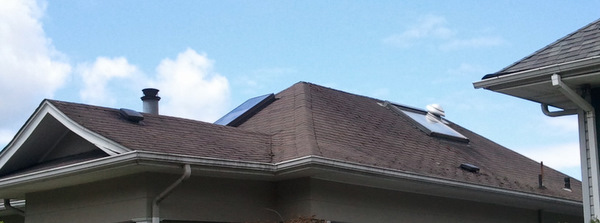
It’s pretty darned obvious that the house in the photo above needs a new roof. You shouldn’t need a Home Inspector to tell you that.
BEFORE making an offer on this house, you need to anticipate the cost of a new roof,
so you can prepare your offer with a known and reasonable outcome in mind.
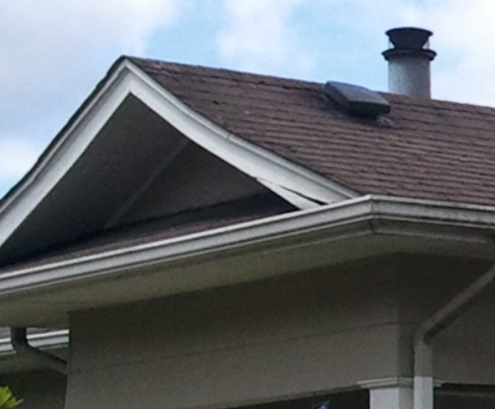
As you can see from the Zoomed In photo above, the cost of the new roof needs to include some pretty hefty repairs. The support for the roof is splitting and the roof is sagging.
Just sticking on some new shingles is NOT the only remedy for this roof.
You can guesstimate the cost of the shingle job by knowing the largest floor footprint from the County Records. It may be a 2,500 sf house in the mls. But the main floor footprint usually determines the outer corners of the roof. Is it 980 or 1,200 or 1,750? Once you have the main floor footprint (unless you can see that there is a larger 2nd floor foot print, in which case you would use that) you can show these two photos along with the sf coverage area to most any roofer and get a rough bid. You can email that info to three roofers and ask for a “ballpark” cost. The roofer needs to see the “the pitch” of the roof to determine cost. A higher pitch will need more shingles. Almost NO pitch may mean a shingle roof replacement is not the recommended “fix”.
Before addressing how the offer may be structured,
let’s look at a 2nd example that might have the same cost,
but a completely different remedy and offer process.
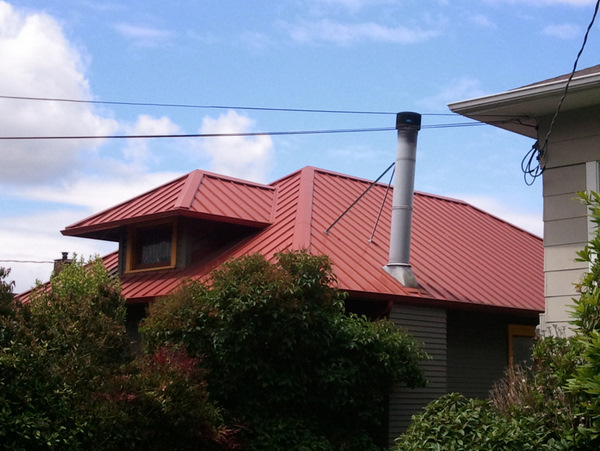
Unless you have the hope of turning your home into A Redroof Inn
a buyer of the home above MAY want to put on a shingle roof,
even though the roof may NEVER need to be replaced.
That roof will probably last longer than the house!
BUT…is that a positive?
Given where this house sits, on a quaint tree-lined street In-City where NO other roofs look like this, it’s possible that this “upgrade” may be seen as a “sore-thumb” and a negative…vs a positive.
For House #1 above, let’s say the roof will cost $20,000 to repair and replace. That’s a bit on the high side, but we have to go with the high estimate because of the deferred maintenance issues and things we can’t see, but can reasonably predict with regard to repairs needed beyond the actual roof shingles.
Now let’s talk about SALE FAIL due to BAD OFFER STRATEGY.
IF the buyer has an extra $20,000 to put on a new roof after purchase, AND deducts that amount from the offer price with the intention of putting on a new roof after purchase, the sale can “Fail Due To Financing”. The buyer MAY in fact be willing to buy the house for $20,000 less, and put a 20% downpayment still having the $20,000 needed for the repairs. BUT how likely is it that the Buyer’s LENDER will lend 80% of the cost to purchase after seeing that roof?
So…back to “Sale Failed Due To Buyer Financing Problems”. Was the cause really the fact that the buyer’s lending failed? Or the roof failed to meet the lender’s standard? Was it the buyer…or the house?
The sale failed because the agents failed to anticipate the lender’s response. There are many ways to resolve this type of issue in a real estate transaction. But ignoring the problem or thinking the seller is going to cough up $20,000 to fix the roof at time of inspection, is not realistic.
If the seller HAD $20,000, he likely would have fixed the roof before it got that bad.
The lender usually won’t let you escrow money for repairs to be done after closing. Sometimes, but not often. The best known remedy is to leave the cost of the roof fix in the price at time of offer and calling for a new roof to be put on prior to closing. Usually you can get a roofer to agree to do that and get paid at closing. BUT if it is a bank-owned property or a short sale, it gets a little tricker. Not impossible. But trickier.
In the 2nd example, the roof is perfectly fine. But you would be surprised how many buyers want to discount for what they don’t like or what they want to change, whether there is something wrong with it or not. Leaving THAT to time of inspection is a SALE FAIL. Sometimes the buyer wants the house because of many things and wants the seller to resolve “the roof issue”. Of course the seller paid a pretty penny for that roof and would be furious. So you have to build the offer around the buyer’s desires without involving the seller in the reasoning.
Buyers and sellers do not always agree on what IS a “defect” or what the seller should be expected to do about it.
Setting up a good “end strategy” at the time the offer is written,
is often the best remedy,
and one that will result in a closed transaction vs a Pending Sale failing.
 Earlier this month, I learned that a big bank is no longer accepting “third party underwriting”. Third party or contract underwriting is “private mortgage insurance”. Private mortgage insurance is often used when a borrower has less than 20% equity (or down payment) in a property. When a private mortgage insurance company is issuing mortgage insurance to the the lender, they are underwriting the transaction. Sometimes mortgage companies may use private mortgage insurance companies to underwrite files even when no private mortgage insurance is required.
Earlier this month, I learned that a big bank is no longer accepting “third party underwriting”. Third party or contract underwriting is “private mortgage insurance”. Private mortgage insurance is often used when a borrower has less than 20% equity (or down payment) in a property. When a private mortgage insurance company is issuing mortgage insurance to the the lender, they are underwriting the transaction. Sometimes mortgage companies may use private mortgage insurance companies to underwrite files even when no private mortgage insurance is required.
